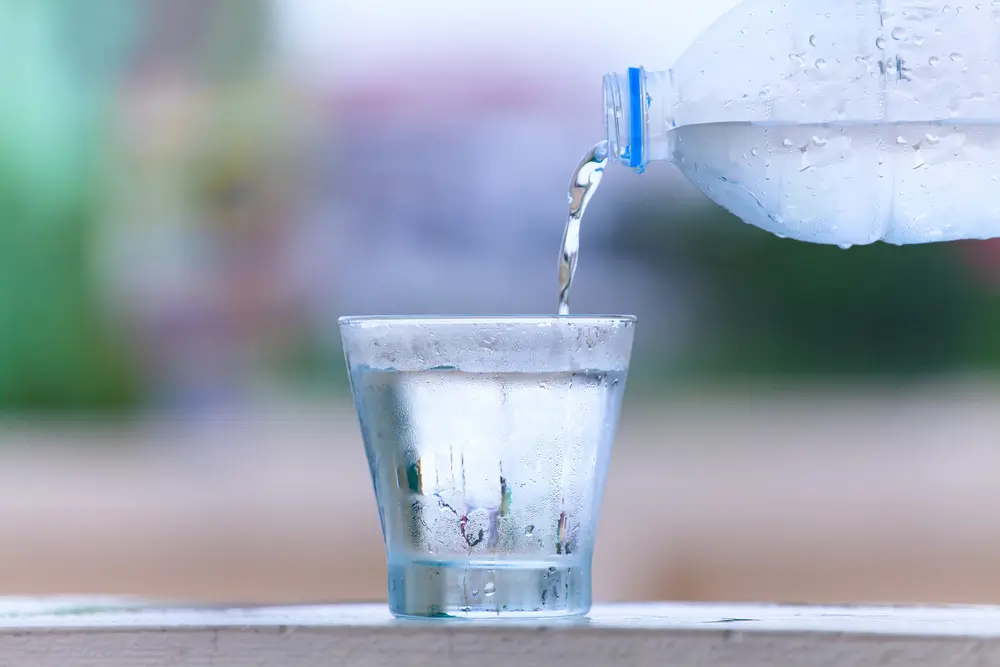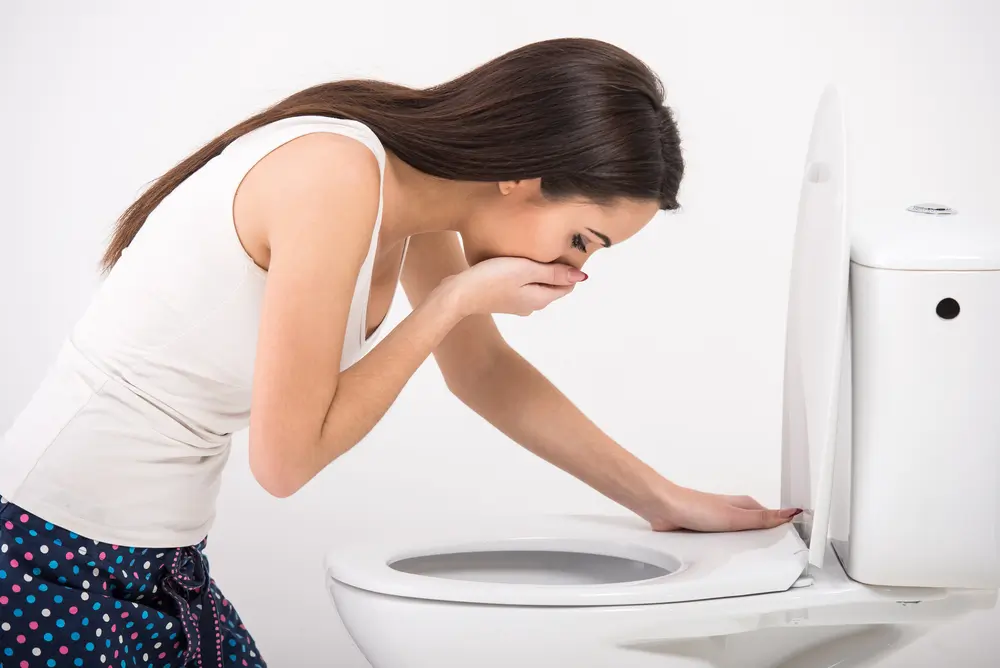What causes food poisoning?
Gastroenteritis, commonly known as “gastro” , is an infection of the gut (intestines). It can range from a mild tummy upset for a day or two, with mild diarrhoea, to severe diarrhoea and being sick (vomiting) for several days or longer. Many germs (viruses, bacteria and other microbes) can cause gastroenteritis. Whilst gastroenteritis is often caused by contact with an infected person, it may also be caused by eating food contaminated with bacteria or viruses. This is commonly called food poisoning. Some food poisoning diseases are more common than others.
What are the common causes of food poisoning?
- Campylobacter is found in raw and undercooked poultry, unpasteurised milk and contaminated water and causes fever, nausea, diarrhoea and cramps.
- E coli is commonly found in undercooked beef, unpasteurised milk and juice, sprouts and contaminated water- it causes diarrhoea and cramps.
- Salmonella is found in undercooked poultry, raw egg, mayonnaise, sprouts, tahini -it causes headache, fever, cramps, diarrhoea and vomiting.
- Staphylococcus aureus is most commonly found in cream desserts or pastries and potato salad- it causes vomiting and abdominal cramps.
- Norovirus is transmitted when a person who is infected with the virus handles food that somebody else then eats- it causes fever, nausea, vomiting, abdominal cramps, diarrhoea and headache.
- Bacillus is a bacteria commonly found in fried rice, starchy vegetables, meat products, cereal foods, sauces, puddings and spices- it causes vomiting and diarrhoea that usually last around 24 hours.
How to prevent gastroenteritis
Most transmission of the causes of gastroenteritis tends to occur in the preparation and cooking of food.
Washing your hands with soap and drying them on a paper towel or with a clean cloth is the best way to stop the spread of bad bacteria, particularly after going to the toilet
Ensuring that food is properly cooked and or kept in the refrigerator- this is particularly important with chicken, meat, seafood, eggs, cooked rice, ham, salami, milk and all dairy foods. If reheating chicken, or left-overs, make sure it is steaming hot and only reheat it once.
Cross contamination may also occur. Certain foods will always contain some bacteria. Poor handling of these foods may result in cross contamination– the passing of bacteria from contaminated food to uncontaminated food.

If you have mild gastroenteritis or food poisoning it can usually be safely managed at home- rest and rehydration are often all that is needed. These days if you need a medical certificate for work, you don’t even have to leave the comfort of home to queue in a doctor’s waiting room – an online doctor may be able to provide a medical certificate via an online consultation, provided there are no worrisome symptoms.
Getting a Mental Health Care Plan in Australia: Your Guide
Getting a Mental Health Care Plan in Australia: Your Guide Mental health matters—and if you’re feeling overwhelmed, anxious, or down, a mental health care plan can help. But what is it, and how do [...]
UTI Symptoms and Treatment: What You Need to Know
UTI Symptoms and Treatment: What You Need to Know Urinary Tract Infections (UTIs) are common, uncomfortable, and often disruptive. But what exactly are the signs to watch for, and how can you get relief [...]
Free Mental Health Care Plan Online | Bulk-Billed by Qoctor
Free Mental Health Care Plan Online | Bulk-Billed by Qoctor Discover how to get a free, bulk-billed Mental Health Care Plan (MHCP) in Australia through Qoctor's telehealth service. Accessing [...]




